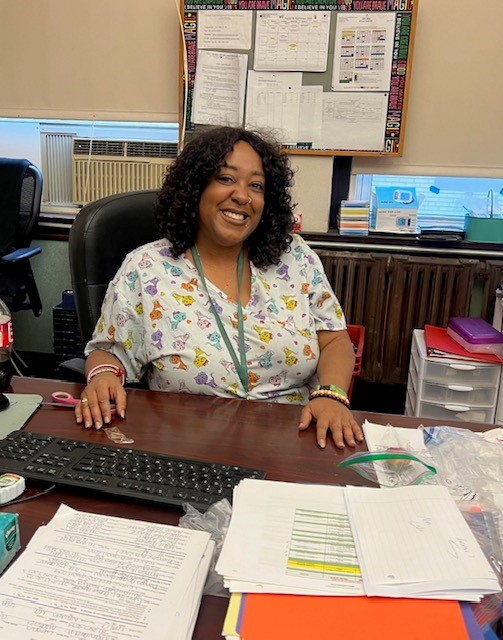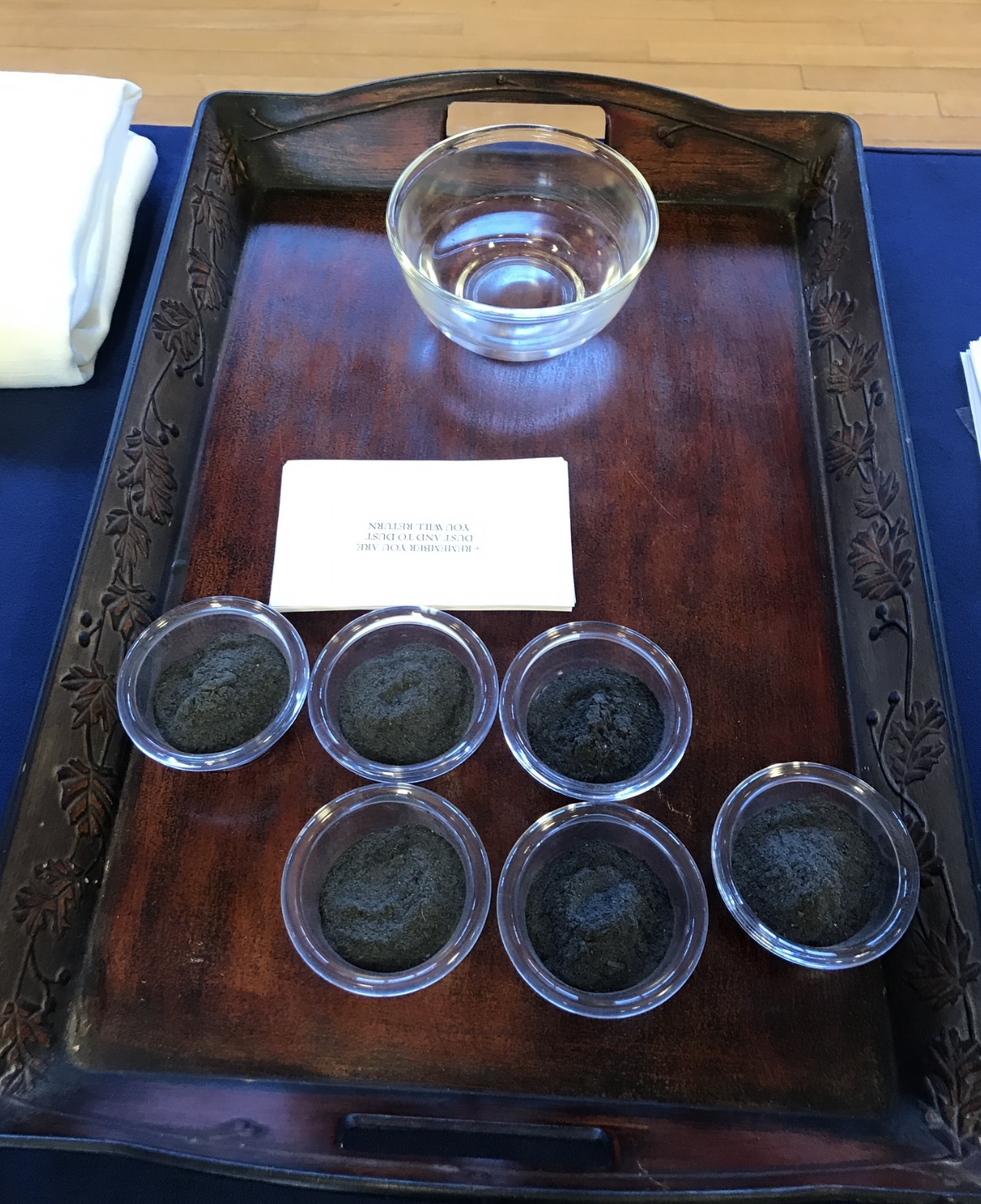Working in small spaces with few resources is not unusual for Catholic school nurses. Tight budgets require out-of-the-box thinking and often result in tiny triage units where scraped knees, feverish foreheads, and sore throats all convalesce together in a pocket-sized space.
Additionally, access to a school nurse can vary greatly and can depend on the day of the week or the time of day. Some schools have a nurse on site for only one hour each day. In these cases, often an untrained staff member or teacher serves as the “substitute nurse” and left to administer throat lozenges and quick hugs. At best, this is inconvenient, at worst it is dangerous.
Fortunately for St. Theresa of the Child Jesus School in Somerville and for St. Bridget School in Framingham, Catholic Health Foundation grants have been game-changers. “Because of CHF’s generosity, I was able to switch from part-time to full-time,” said Cindy Ojeda, St. Theresa’s school nurse. “This was very important because we have many students who have significant medical issues and require daily attention and medicines. Without the grant, I wouldn’t be able to be here full-time.” Similarly, the grant to St. Bridget’s helped supplement funding for the school nurse, Jodi Horrigan’s, salary.
Having a nurse on site every day makes a big difference not only for children’s needs but also from an admissions perspective. “Many prospective parents call and ask if our school has a full-time nurse,” says Nurse Cindy. “If not, they go elsewhere because they have children who require a full-time, medically trained health care staff member. We have students who have Type 1 diabetes and others who have epilepsy. If I wasn’t full-time, students with serious conditions wouldn’t be able to attend St. Theresa’s. And, of course, all children fall sick from time to time. Without a nurse, we would just have to send those children home without even assessing the situation and see if a sore stomach or mild headache would pass with time. This interrupts their education.”
“Having a nurse on staff is not a ‘nice to have’ option, it’s a ‘necessity’,” says Lynne Sullivan, Executive Director of the Catholic Health Foundation. “Of the many, many Catholic schools across the Archdiocese that apply for a grant, approximately half of them are seeking funds for a nurse or to address students’ mental health issues, especially in our post-Covid world. Schools really can’t function successfully without an on-site nurse.”
Underscoring this assessment is Marissa Bianchi, principal of St. Bridget School in Framingham. “We have a lot of students who suffer from anxiety,” she says. “Some of them are on medications but most of them just need time to regroup or a hug. The Catholic Health Foundation grant helps us provide wrap-around services and care for the whole child.”
Like Nurse Cindy, Nurse Jodi also spends a great deal of time tending to students’ mental health as much as she does their physical needs.
School nurses support education in many ways, including serving as sentinels in disease surveillance and contagion. Nurses like Nurse Cindy and Nurse Jodi are essential in addressing health issues that impact both student and school performance. By being guardians of wellbeing for students, faculty, and staff, school nurses ensure that the school’s mission and vision can be carried out.
Since receiving the CHF grant, Nurse Cindy has been able to expand her health office and even offer a health class. “I used to have one bottle of Tylenol and a box of bandages to dispense among 100+ students. Now I have an otoscope, thermometers, and a whole array of medical supplies. I’ve also been educating students about their bodies, puberty, and development. When they understand what’s happening with their bodies, they worry less and focus more on their schoolwork. Because of this grant, I can do my job better. I can do more than ever before.”
And that… describes a perfect picture of health.





